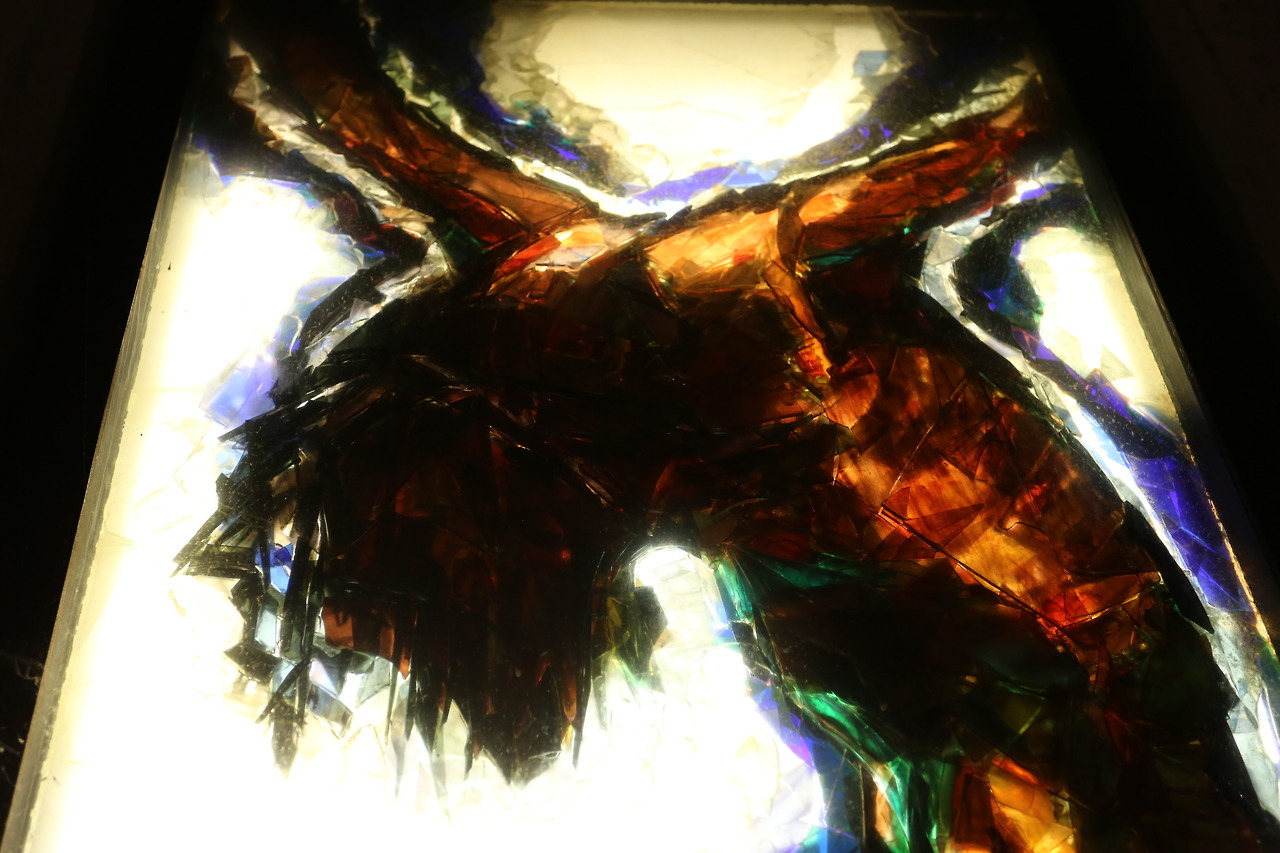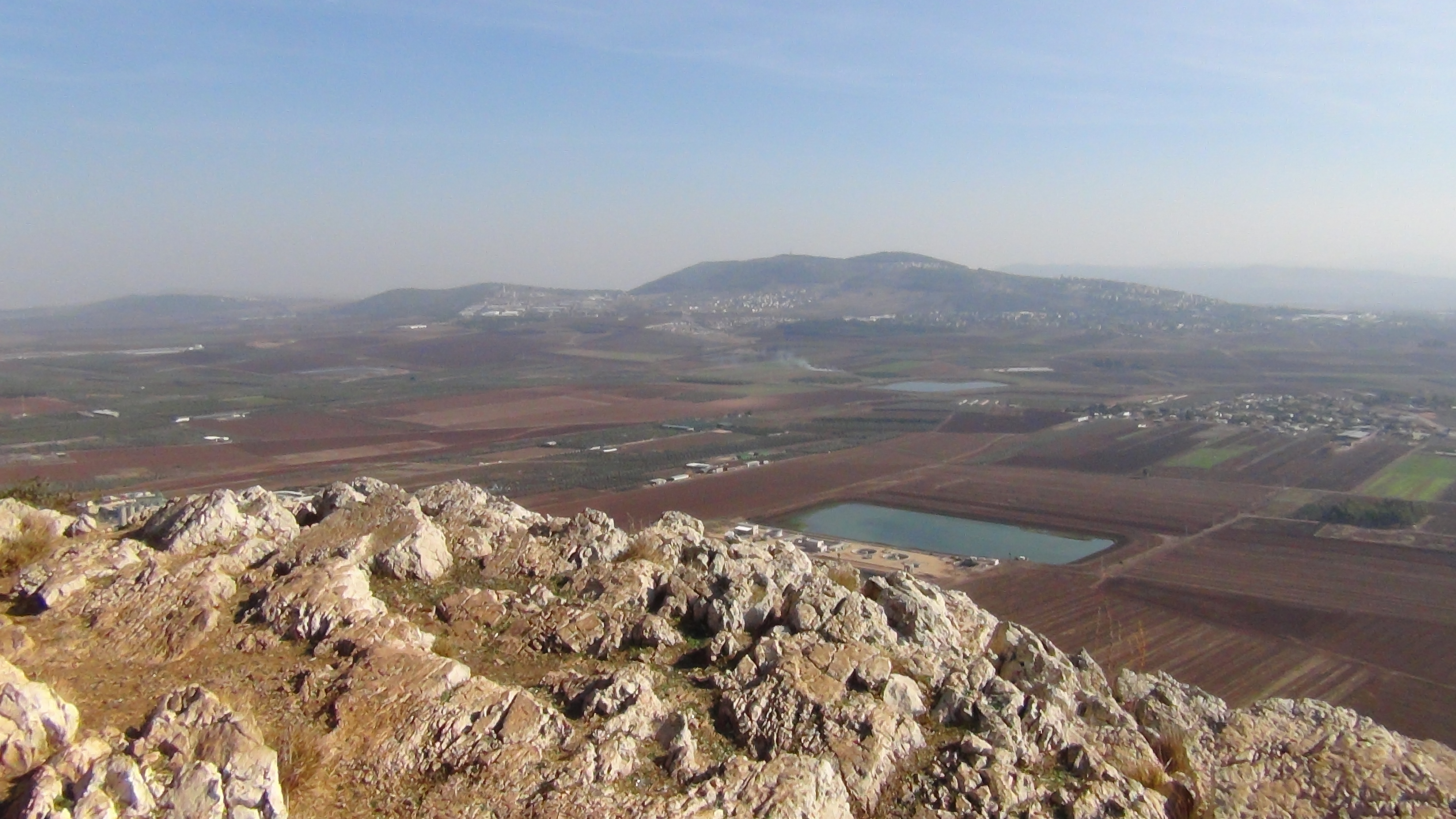Wis. 2:12, 17-20; Ps. 54:3-8; James 3:16—4:3; Mk. 9:30-37
The Passion or the passions that is the question? The “Passion” comes from the “just one”, the “Son of Man” who comes as the “servant of all” with the wisdom from above to remain “pure, then peaceable, gentle, compliant, full of mercy and good fruits, without inconstancy or insincerity.” The Passion is the works of love to be the image of God. The passions “ask wrongly” and do not receive the wisdom from above from the “just one” for they come with “jealousy and selfish ambition” to make “war within your members” and covet to be first. The passions are all about self-image.
Be perfect as the Son of Man came to show us the way to perfection through the “Passion” as “servant of all”, anything less comes from the passions of selfish ambition. If we do not receive because we ask wrongly what is then the question to ask? It might be tempting to quickly jump into the assumption of asking “Lord what is your will for me?” Then we go on and do what we think is best by our own ambition and live our life. When was the last time we asked “Lord what are my faults?” Before we can change the world, we need to change ourselves into the image of the Son of Man with the wisdom of above to live by the virtues from above and discern right action.
If God is calling us “through the Gospel to possess the glory of our Lord Jesus Christ” then the first question to ask is “Lord who am I?” “Who am I made in your image so that I may possess your glory?” What are my faults to correct and my strengths to master that I may be perfect in doing your will? Then God in whose image we are made will reveal himself to us to know thyself in him and in him we will see ourselves for what we are called to be as his servants.
Consider before Jesus ever sent his disciples out to proclaim the gospel, he spent time with them to reveal himself to them. He was teaching them that they may see themselves in the truth and correct their selfish ambition to covet with the desire to be first. Then they are sent to proclaim the gospel as servants of the Lord. One of the temptations for the disciples after Jesus’ passion, death and resurrection was that their followers tried to make of them as “gods”. Imagine, they were now performing miracles and exorcising demons and being held up as “gods”. It would be tempting to see who has the bigger crowds following them “thinking not as God does, but as human beings do.” Their transformation however, was as servants of the Lord to sacrifice themselves for the gospel.
This week in the liturgy we have celebrated the Exaltation of the Cross where Jesus takes the form of a slave raised on the wood of the cross and we have celebrated our Blessed Mother as Our Lady of Sorrows standing by the cross of the Lord’s passion. We are invited to enter into the passion of Christ for “what is lacking in the sufferings of Christ for the sake of his body, the church” (Col. 1:24) something to be grasped. Let us learn the meaning of redemptive suffering. As members of the body of Christ we can unite our suffering to the Lord’s passion for our salvation and sacrifice for the sins of the world “that this world might be saved through him”. This is what we mean when we say “offer it up”. What world are we leaving behind for our children to suffer in or to rejoice in? It will be rejoicing in the Passion of Christ or suffering in the passions of our humanity.
The passions of our humanity will cause us to stumble and fall especially the passion of pride. Pride never asks “what are my faults?” Now you may say “why ask, when everyone else is quick to point them out”. We hear it from our wife or husband, our kids, our parents, our boss, even our neighbor will call and complain. Pride will come to the defense to say “who made you my judge?” We don’t want to hear it from anybody, not even from God. Our first act of passion is the need to make an examination of conscience and recognize our faults. Know thyself to take up our cross in our weakness that we may be strong in faith and do the will of God.
We “put the just one to the test that we may have proof of his gentleness and try his patience” with our passions. Our sins “beset the just one” that is he is troubled to suffer our rebellion against his mercy and love. We have him carry the cross of our sins rather than repent. We ask wrongly for the Lord to uphold our life while wanting to remain attached to our passions. We are to freely offer our sacrifice of repentance and avoid the near temptation to sin. Sin is self-centered thus when we turn from sin, we become other centered to offer our service for the greater good.
Let us join in his Passion to be the “last of all and the servant of all”. We enjoy being served at the table but are we also ready to get up and be of service. Nothing like having children to shock us out of the “me” world into the “other” world and get up at all hours to serve. Now our duty as parents is to teach our children to love and to serve each other. To love God above all things and to serve in the works of salvation. It begins with the love of parents and the works of service in the home as children learning to be responsible, to care, and even willing to make a sacrifice for a greater good. The first school of salvation is the home and the first act of service a child can learn is to pray. Pray for the needs and good of all that our offering of prayer will teach us to ask rightly and receive the gifts to be of greater service in the kingdom of God.
The Passion or the passions, which are we living? When we look up at the cross, do we fear living the Passion with Christ? Consider that in our fallen nature there is a cross to bear each according to the divine plan of salvation. We see it in the lives of saints and in others and in ourselves who bear the cross of suffering through illness, abandonment, abuse, rejection, death of loved ones, and so many conditions and circumstances outside of our control. We live it in our own flesh and suffering and it has been given a label, depression, cancer, diabetes, anxiety, learning disabilities, addictions, psychosis, and today it’s COVID but tomorrow it could be something else.
Victor Frankl who was imprisoned in a concentration camp during World War II founded his school called “logotherapy” meaning “Man’s search for meaning” and stated “the last of human freedoms (is) the ability to choose one’s attitude in any given set of circumstances.” We can choose the attitude of Job, “the Lord giveth, the Lord taketh, blessed be the name of the Lord” (Job 1:21).
There is a story of a woman who said to Jesus, “Lord, I cannot bear this cross please give me another.” Jesus said, “if you wish enter the room of crosses and choose the one you want to carry.” The woman went into the room of crosses and set hers down. She then went about the room but each cross seemed too hard to bear. Then she came upon the cross that appeared lighter than the rest so she picked it up and went to Jesus and said “Lord I will carry this cross.” The Lord replied, “the cross you chose is the cross you set down but now you have found the will to carry it.”
The Blessed Mother suffered her seven sorrows joined to the passion of Christ. In her we can recognize the blessing of redemptive suffering for the love of Christ she remained at the cross to bear her sorrow and to receive her consolation “woman behold your son”. She was to remain his mother through the service of the children of God. We see how the disciples turned their human passions into the service of Jesus becoming apostles of the cross to carry his love and mercy. Their lives were transformed to remain pure and peaceable with good fruits and with constancy in good times and in bad. Let us learn to do the same. Let us now live our redemptive suffering.
When Jesus was raised up on the cross our Blessed Mother remained at his feet without fear able to sustain with courage that which she could not change. What she could do is to accompany him in his greatest suffering. Can we remain with Jesus this day in the things we cannot change and allow him to use our suffering for the conversion of souls? Can we say “yes” to Jesus in his passion when in our passions we want to say “no”. Some days the only thing we can do is to do nothing but remain present with Jesus and allow him to do the work of salvation in us and in others.
The Passion or the passions is the war we inherit that is left to fight. Let us fight the good fight, let us run the race, let us claim our victory over self and our legacy will stand as a testimony not so much for everything we did because it is not about us, but for in whose image we stood with courage joined to the image of Christ.





Recent Comments